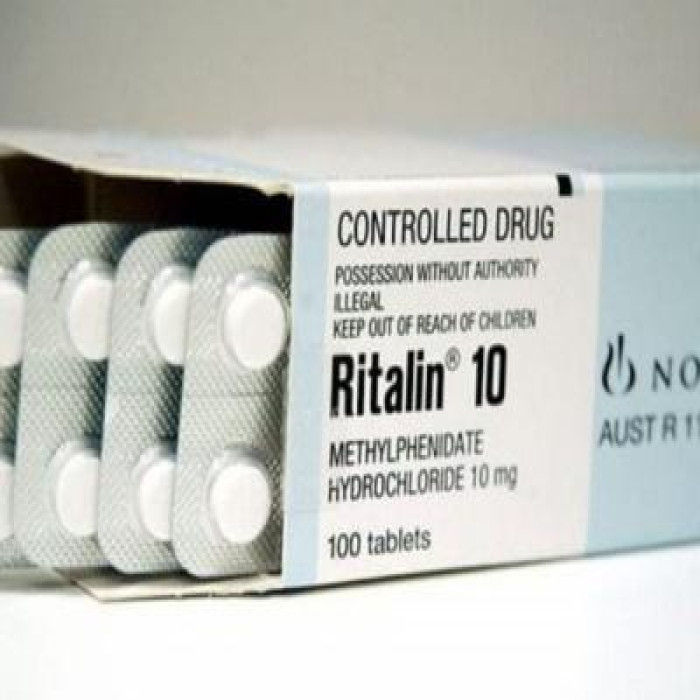
Methylphenidate, commonly known as Ritalin, is a stimulant medication that is used to treat attention deficit hyperactivity disorder (ADHD) and narcolepsy, a sleep disorder. This medication works by increasing the levels of certain chemicals in the brain, such as dopamine and norepinephrine, which can help improve attention and decrease impulsiveness and hyperactivity.
Ritalin comes in various dosages, with the 10 mg strength being a commonly prescribed option. It is typically taken orally, either as a tablet or as an extended-release capsule, and is usually taken one to three times a day. The exact dosage and frequency of Ritalin will depend on the individual patient and their specific condition. The healthcare provider will determine the appropriate dosage and frequency of the medication based on the patient's specific condition and medical history.
Like all medications, Ritalin can cause side effects. Common side effects of the medication include insomnia, decreased appetite, stomach pain, and headaches. These side effects are usually mild and can be managed with over-the-counter pain relievers or by making adjustments to the dosage. However, there are more serious side effects associated with Ritalin, such as changes in blood pressure and heart rate, chest pain, and signs of psychosis or bipolar disorder. If you experience any of these side effects, you should contact your healthcare provider immediately.
It is important to keep in mind that Ritalin can be habit-forming and should be used with caution in individuals with a history of drug or alcohol abuse. Ritalin is also a controlled substance and should be stored in a safe place to prevent misuse. It is crucial to consult with your healthcare provider before starting treatment to determine the appropriate dosage and frequency of the medication based on your specific condition and medical history.


